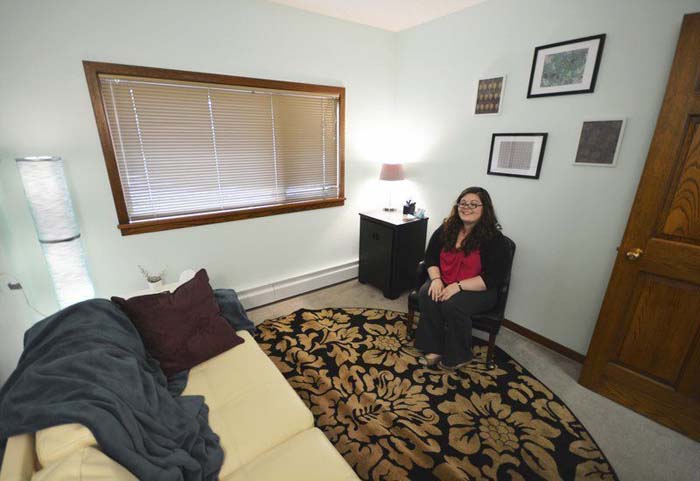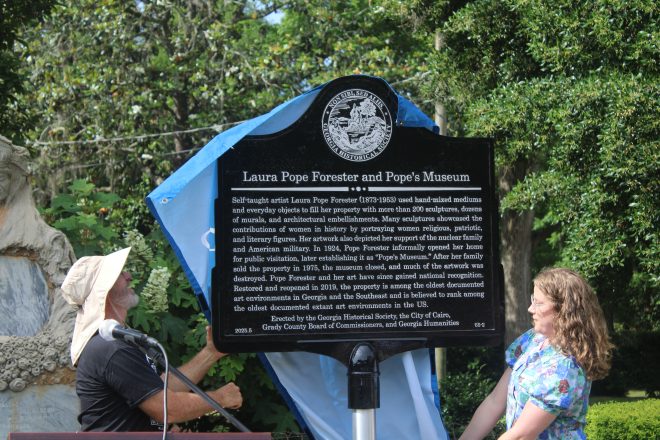‘Tele-therapy’ lets social worker counsel overseas abuse victims
Published 1:45 pm Tuesday, September 1, 2015

- Social worker Ruth Spalding designed her consultation room to allow unfettered communication.
TRAVERSE CITY, Mich. — Domestic abuse knows no borders.
According to a 2014 study by the World Health Organization, more than one in three women worldwide have experienced some form of violence at the hands of a partner. Globally, up to 40 percent of murders of women are committed by a partner as well, the study concluded.
Those sobering statistics, however, are only part of the reason Ruth Spalding decided to provide remote counseling services to Americans and their children in foreign countries who suffer domestic violence — including sexual assault — by loved ones.
Spalding, a therapist based in Traverse City, Michigan, recently began helping patients outside the United States work through their emotions and pain on her terms. “I help people recover from trauma,” she told the Traverse City (Michigan) Record-Eagle.
Her work with the Americans Overseas Domestic Violence Crisis Center (AODVCC) brings her into contact with people in more than 170 countries. During these “tele-therapy” sessions, she tries to help people come to grips with their situations and consider productive solutions.
“Abuse can look very obvious to a lot of people, but there’s also lots of psychological abuse that people can endure,” Spalding said.
Since many of her overseas patients only hear a voice on the other end of the phone line, a daunting challenge for Spalding is building trust without seeing the person “in the flesh” and being able to read body language, facial expressions and other cues that many psychologists rely on during in-person therapy sessions. And on some calls, several-second delays between speaking and hearing heighten the challenge.
“It is difficult,” Spalding said. “But I just try every single moment to listen to them. For some folks it is hard to open up, but most people who are seeking help at that point are really desperate for help, so I just try to support them…there’s a drive basically to survive that fuels them at that point.”
Spalding says conversations with several acquaintances who teach English overseas made her aware that domestic abuse and sexual assault are issues that go well beyond stateside borders. In many remote areas, services like what she provides are rare commodities.
“If you live in a rural area, your access to mental health services is pretty limited,” she said. “When you’re far away, finding someone who can understand that culture can be really hard. But if we’re promoting the best kind of connection, a lot of people can make a lot of progress. There’s definitely a need.”
Spalding says that frequently when clients contact her, they’re convinced their options have run out.
“It might be that I’m very lucky in establishing rapport,” she said, “but supporting that agency — that sense of ‘I get to have choices and do things to better my situation’ — as much as possible, is important, even if it’s just over the phone.”
The Traverse City (Michigan) Record-Eagle contributed to this story.





